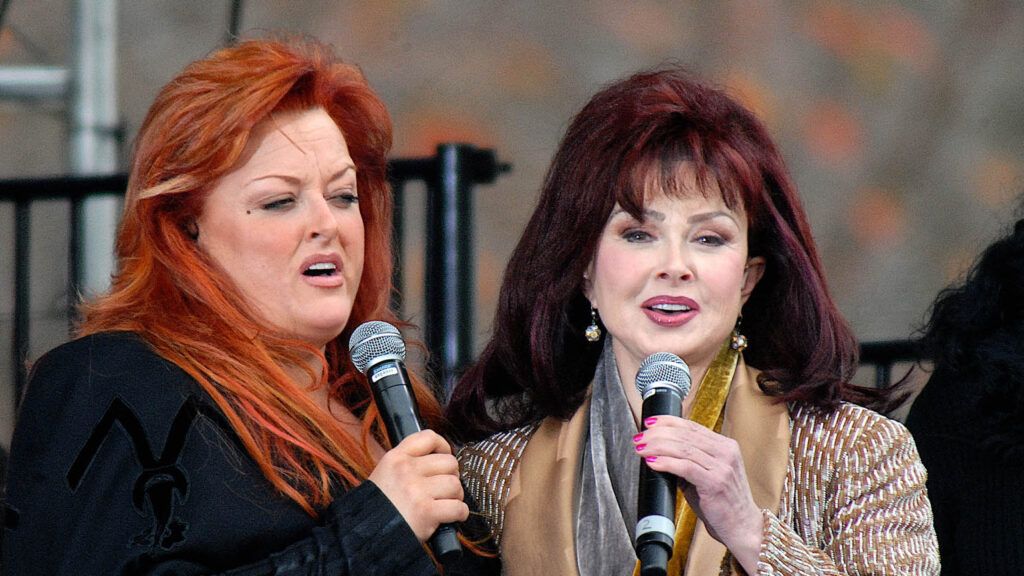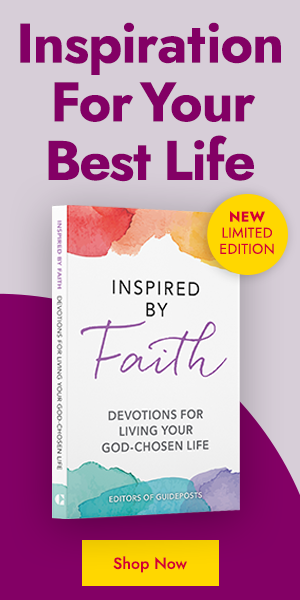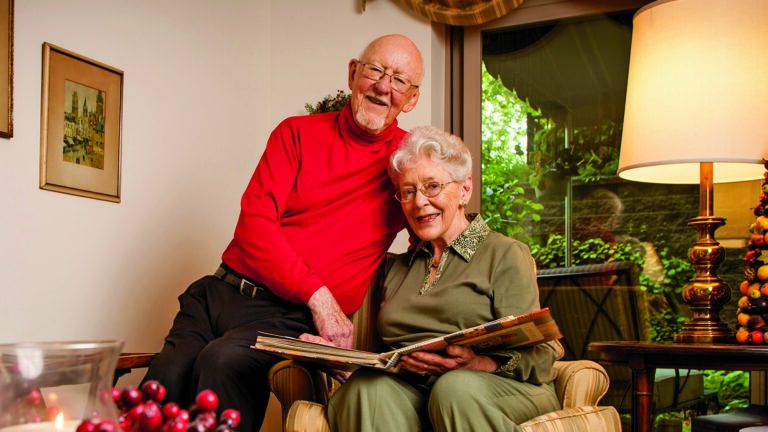In the early 1980s I lived in the tiny town of Sweet Run, West Virginia. It’s right on the border of Kentucky—the intersection of struggles, stories, and songs.
Judd Country.
The first time I heard Naomi and Wynonna Judd was in a field somewhere near Ashland, Kentucky, the place of their roots. I was so mesmerized by their sound I don’t recall the specifics. Only that I stood so close to the stage I could see their eyebrows rise and fall. “Those two blend like flour in a cake,” a man bellowed as I sipped Coca Cola from a wax paper cup. “Mark my word. They’re gonna make it big!”
He was right. But this mama and daughter duo were more than their music.
I soon learned that Naomi was a nurse—like me. Every nurse I knew was enchanted with this news. Naomi was one of us, cared passionately about the same things we did. Her eyes told of a longing for people everywhere to overcome what life had dealt them. But when she sang or spoke, it seemed to be just for me. Encouragement from a friend I’d never met yet somehow knew me well.
I needed that encouragement as I battled chronic illness. The Judds might have been performing in Kalamazoo or Phoenix, but I could slip a cassette tape into my car’s stereo system and feel Naomi’s heart. During my hardest days, she was a long-distance companion. As the years went on and she began to reveal her personal history, I saw that the lyrics she penned and sung were hard-won. Revealing things about herself—family dysfunction, mental illness, hepatitis C—was a risk, but if her challenges might help someone, she was down with it.
My most meaningful Naomi memory arrived about ten years ago in the form of an estate sale at a white, two-story Ashland, Kentucky home. Naomi’s mother was moving and downsizing. It was the sale’s final hours; everything was marked at 75 percent off, and a friend had told me about some wonderful, never-used bedsheets that hadn’t yet sold. But it was an item upstairs—in a room rumored to be Naomi’s bedroom—that caught my eye. There sat a forlorn oak side chair with hand carving across the back. The antiquing community knew my fondness for downtrodden chairs, so I wasn’t surprised when the lady in charge whispered, “No one’s paid any attention to it, Roberta. If anyone could do something with that seat, it would be you. Five dollars and it’s yours.”
sale at a white, two-story Ashland, Kentucky home. Naomi’s mother was moving and downsizing. It was the sale’s final hours; everything was marked at 75 percent off, and a friend had told me about some wonderful, never-used bedsheets that hadn’t yet sold. But it was an item upstairs—in a room rumored to be Naomi’s bedroom—that caught my eye. There sat a forlorn oak side chair with hand carving across the back. The antiquing community knew my fondness for downtrodden chairs, so I wasn’t surprised when the lady in charge whispered, “No one’s paid any attention to it, Roberta. If anyone could do something with that seat, it would be you. Five dollars and it’s yours.”
The broken caned seat spoke to my spirit. A symbol of former-nurse Naomi and of me. Our dreams that stretched beyond nursing. I knew immediately what would be my remedy for “Naomi’s chair.” A large piece of needlepoint that I had stashed in the back of a dresser drawer. I’d worked on it—its flower-garden design vibrantly splashed against a background as black as the darkest night—in countless doctors’ waiting rooms.
When I’d first spotted that chair, a line from River of Time, a song Naomi co-wrote, haunted me: “The future isn’t what it used to be.” But redemption, I was to learn, tells a different story. I think often of the hauntingly beautiful lyrics from the Judd’s popular song Love Can Build a Bridge: “I would swim out to save you in your sea of broken dreams. When all your hopes are sinkin’ let me show you what love means.” Now when I look at that beautiful chair, I think about a woman who provided love, inspiration and comfort to so many—especially me. Thank you, Naomi. You may never know how you saved me in my own sea of broken dreams.
Read how her faith helped Naomi Judd face a devastating diagnosis.




